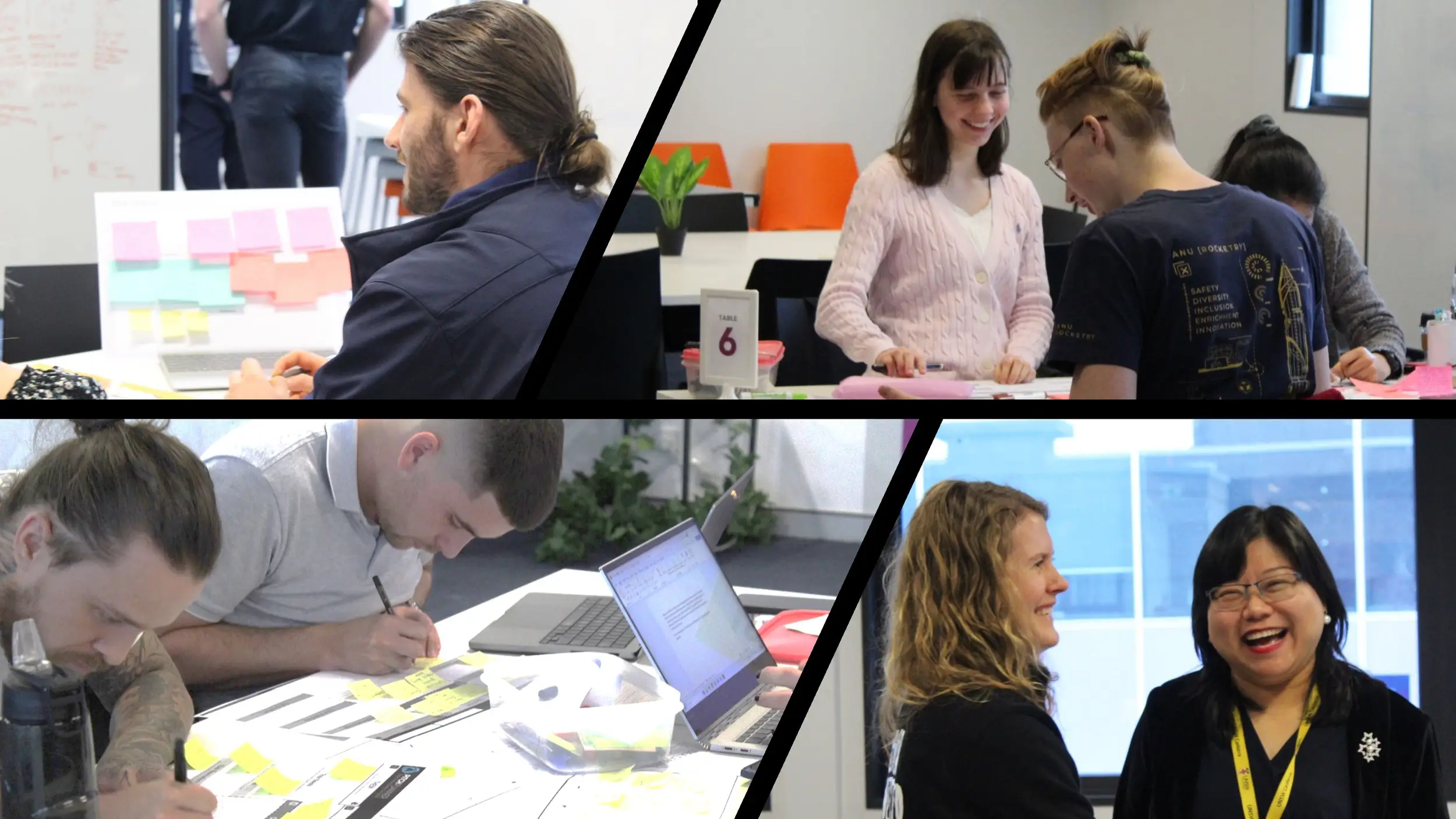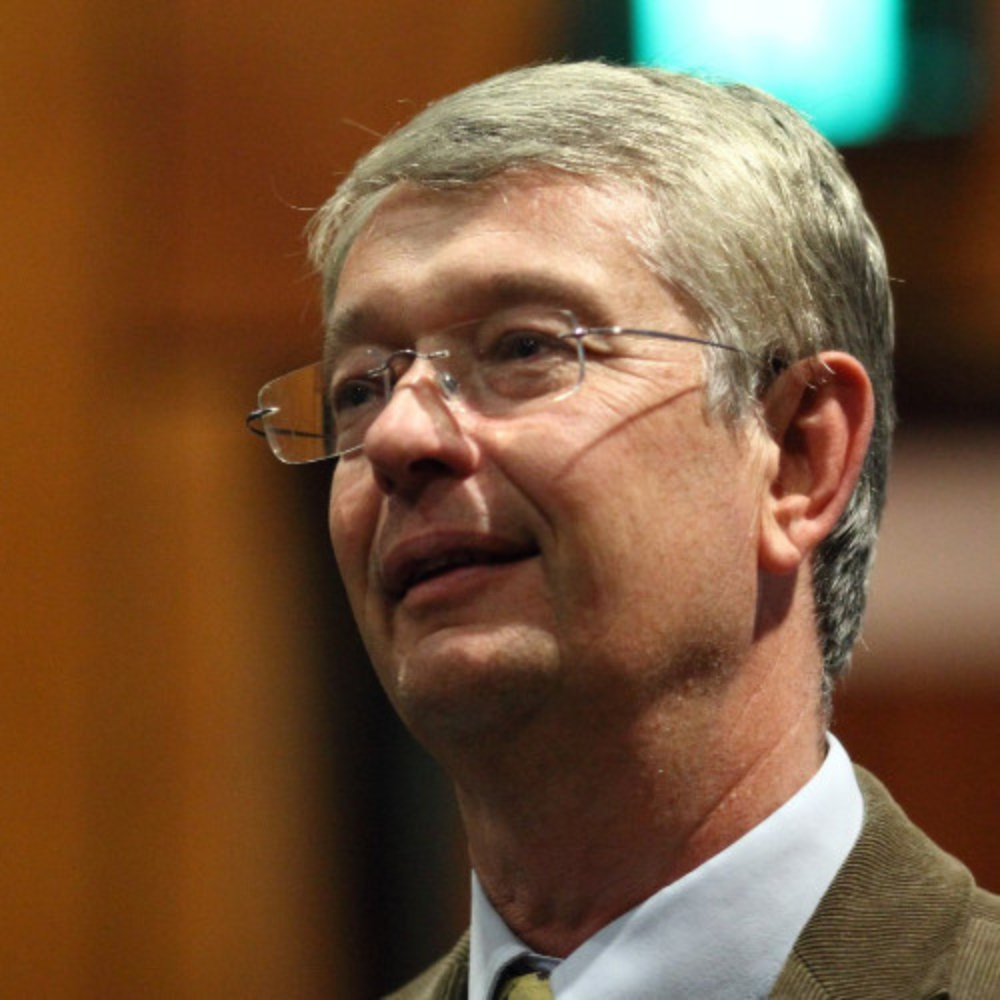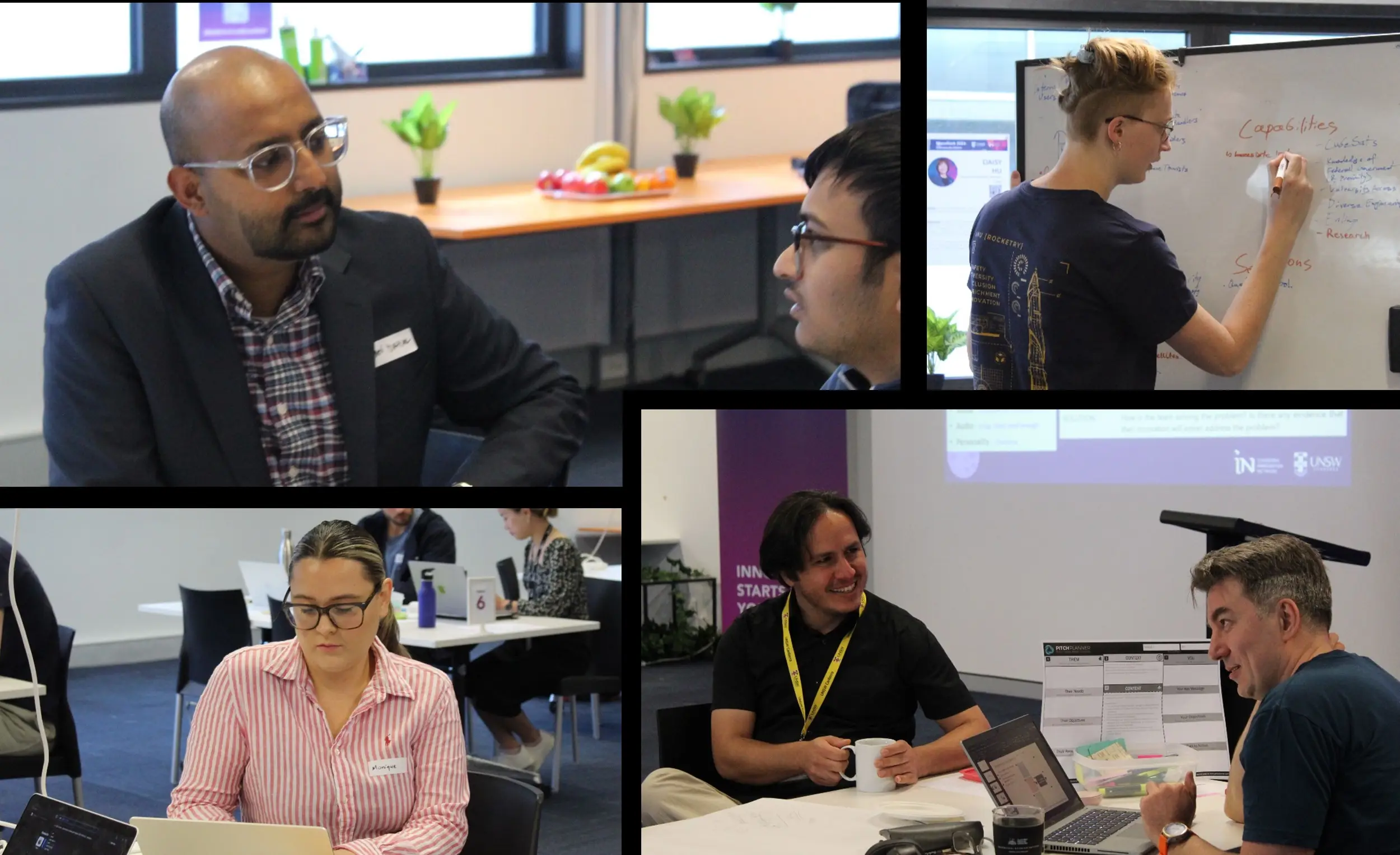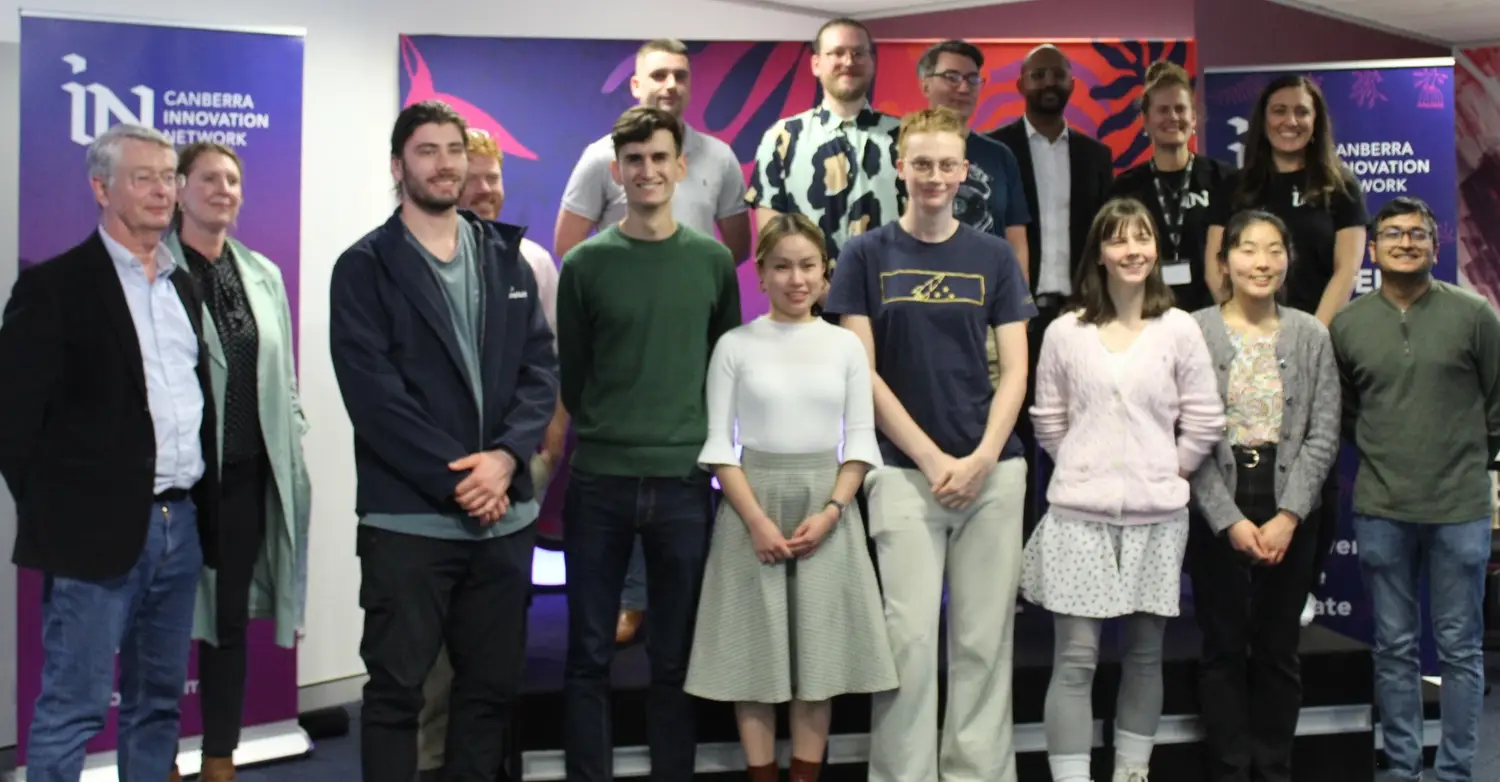(select your team from the dropdown, if you don't have a team choose: 'NO TEAM YET')
Theme: Cybersecurity
Challenge Statement:
How might we contribute to the safety and success of current and future space endeavours? What novel solutions on the interface of space-tech and cybersecurity can you propose with the potential to be turned into a viable high growth business with global (intergalactic) potential?
Focus Areas:
Teams were then provided with six focus areas for guidance, five of which addressed a unique aspect of space cybersecurity and the sixth was a wildcard open challenge. Competitors could choose to address any one of these areas or a combination of them.
CEO, Nominal Systems
Director, ANU Institute for Space
Acting Director, UNSW Canberra Space
The Mentors came from different fields within the space industry, venture capital, research and governance and they offer a unique mix or expecriences, expertise and connections that they make generously available to the participant teams.
SpaceHack 2023 is an initiative by the Canberra Innovation Network
Yes, you apply to register as a team. To participate in SpaceHack you must be in a registered team of between 3 and 5 people. We will allow a five person team as an absolute maximum.
SpaceHack will run over two-days with mandatory sessions throughout Tuesday 17 Ocober and Wednesday 18 October 2023. The times will be between 9:30 am and 4:30 pm.
Teams are more than welcome to compete in the hackathon with an existing idea that they are already working on, but will need to be willing to learn and grow their proposed solution.
The workshops and mentor sessions are designed to push teams to test and refine their solution to develop a compelling final pitch for the judges. During a hackathon, ideas may pivot or shift based on customer and mentor feedback which is all a part of the process!
All submissions to the hackathon remain the intellectual property of the individuals or organisations who developed them. The organisers claim no ownership of nor repsonsibility for the IP generated during the hackathons. It is up to the teams to deal with IP issues.
Yes. All of the sessions will be run in-person at the Canberra Innovation Network, Level 5, 1 Moore Street, Canberra, ACT.
We acknowledge the Traditional Custodians of the ACT, the Ngunnawal people. We acknowledge and respect their continuing culture and the contribution they make to the life of this city and this region.
Open from 9:00 AM TO 5:00 PM
on WORKING DAYS
© 2024. CBR Innovation Network Limited
2022 SpaceHack Report
Enter your details to receive the report from 2022 SpaceHack.






